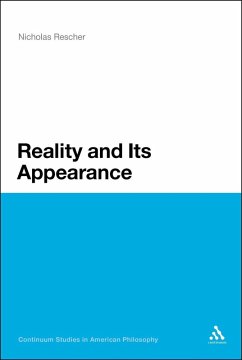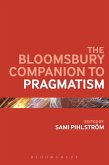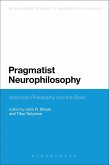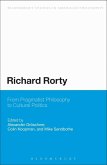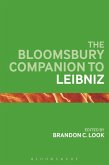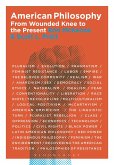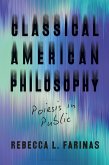In Reality and Its Appearance, Nicholas Rescher aims to address the conceptual and analytical question: how does the concept of reality function and how should we think with regard to the issue of reality's relations to appearances? Rescher argues that the distinction between reality and its appearance is not a substantive distinction between two types of being, but rather relates to different ways of understanding one selfsame mode of being.
The book proposes that while realism is a sensible and tenable position, nevertheless there is something to be said for idealism as well. In the cognitive as in the moral life, perfection is beyond our human grasp and we have no choice but to rest content with the best that we can manage to achieve in practice. This perspective shifts the approach from a cognitive absolutism to a pragmatism that is prepared to come to terms with the limitations inherent in our situations. On this basis Rescher defends a substantive realism that itself rests on a justificatory rationale of a decidedly pragmatic orientation.
The book proposes that while realism is a sensible and tenable position, nevertheless there is something to be said for idealism as well. In the cognitive as in the moral life, perfection is beyond our human grasp and we have no choice but to rest content with the best that we can manage to achieve in practice. This perspective shifts the approach from a cognitive absolutism to a pragmatism that is prepared to come to terms with the limitations inherent in our situations. On this basis Rescher defends a substantive realism that itself rests on a justificatory rationale of a decidedly pragmatic orientation.

